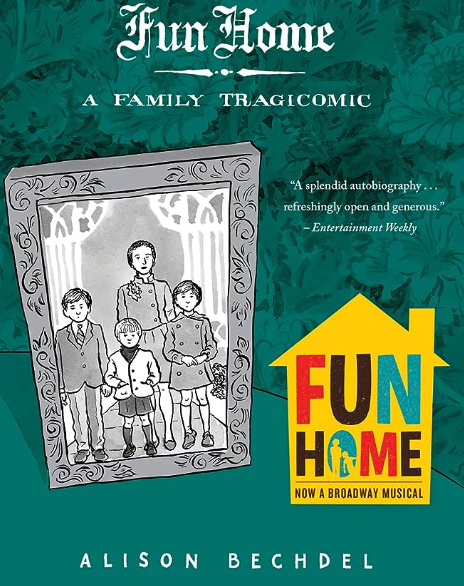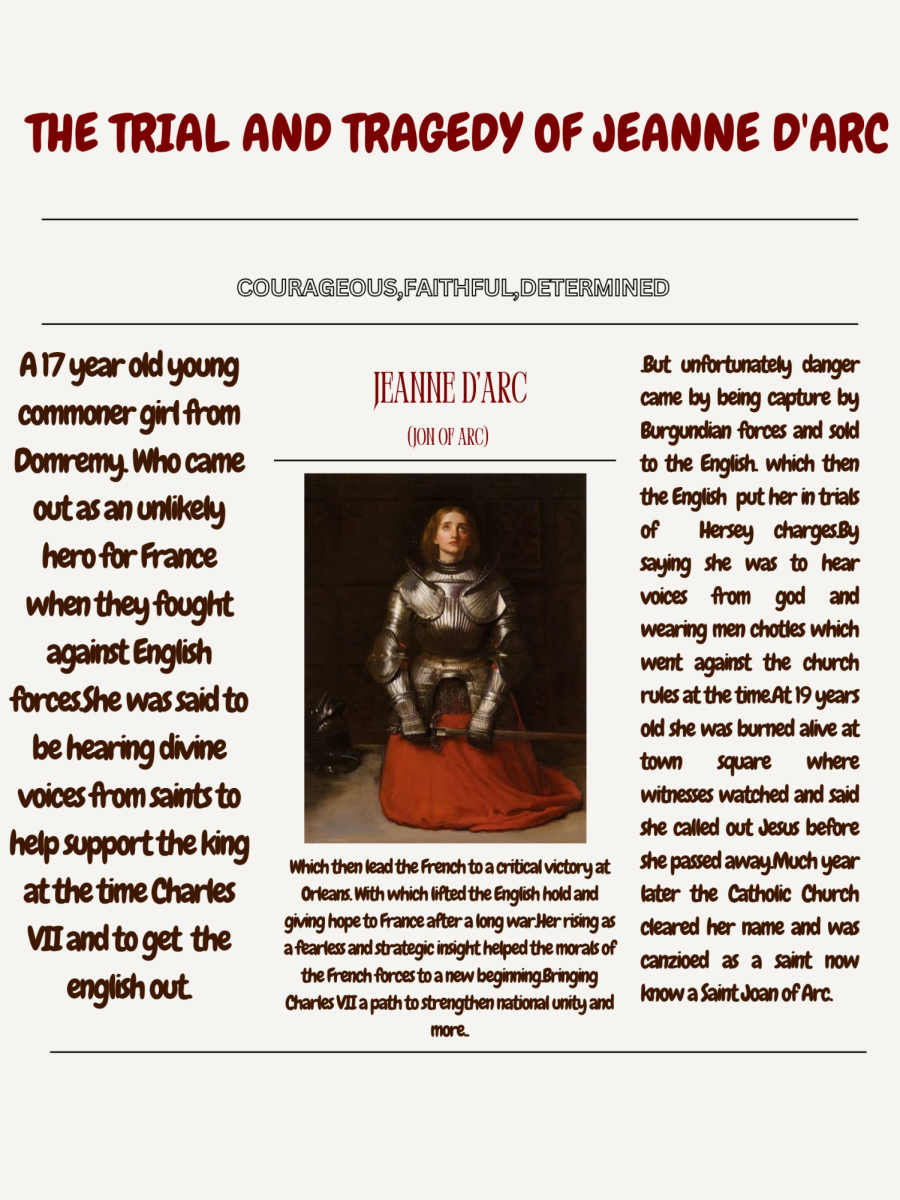The world is always changing, but between political upheaval, technology changes, global conflict, and economic whirlwinds, it seems harder and harder to draw a connection between who we once were and who we are now. The self changes with society, but also all on its own. Many books that discuss the connection between past and present selves or inner and outer personalities attempt to do so through a psychological context, but Alison Bechdel’s memoir Fun Home uses stories from her own childhood, her father’s youth, and their lives together to examine how a person can change; for better or worse.
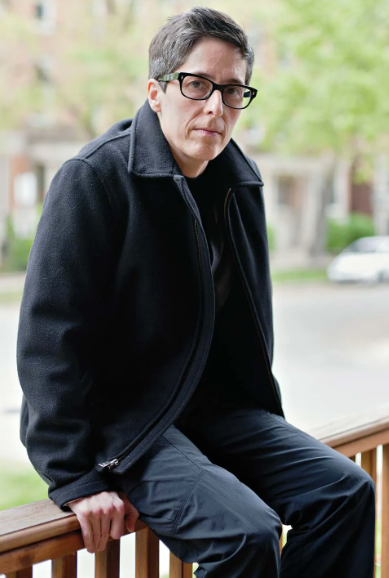 Written and illustrated by Alison Bechdel, Fun Home documents her small-town life helping run the family funeral home with her academic aesthete father, Bruce. The book begins with Bechdel’s description of her father’s suicide (although his death was officially declared an accident) and sets up the rest of the book to be an analysis of what caused him to end his life. However, Bechdel instead views her own life and growth as a person in comparison to her father’s, as well as how their relationship with one another impacted them. After graduating college and coming out as a lesbian, Bechdel looks back on her child and recontextualizes with the knowledge that her father was a closeted gay man. While she doesn’t believe this excuses the way he obsessed over the family’s appearance, coldly ignored his wife and children, or any of his many other misdeeds, she sees it as an explanation for these actions, as well as the gloomy air that hung over the entire home and followed Alison her entire life. When Alison and her father reconnect with their secrets revealed, she realizes how her childhood experiences have made her so similar, yet so different from the man who raised her.
Written and illustrated by Alison Bechdel, Fun Home documents her small-town life helping run the family funeral home with her academic aesthete father, Bruce. The book begins with Bechdel’s description of her father’s suicide (although his death was officially declared an accident) and sets up the rest of the book to be an analysis of what caused him to end his life. However, Bechdel instead views her own life and growth as a person in comparison to her father’s, as well as how their relationship with one another impacted them. After graduating college and coming out as a lesbian, Bechdel looks back on her child and recontextualizes with the knowledge that her father was a closeted gay man. While she doesn’t believe this excuses the way he obsessed over the family’s appearance, coldly ignored his wife and children, or any of his many other misdeeds, she sees it as an explanation for these actions, as well as the gloomy air that hung over the entire home and followed Alison her entire life. When Alison and her father reconnect with their secrets revealed, she realizes how her childhood experiences have made her so similar, yet so different from the man who raised her.
In addition to exploring themes of personal identity, Fun Home examines how we interact with the identities of others. As she looks back on her father’s life, Alison wonders if she–or anyone–truly knew him. In spite of spending their whole lives with Bruce, was it possible for anyone to know a man who wasn’t honest with himself, let alone his family?
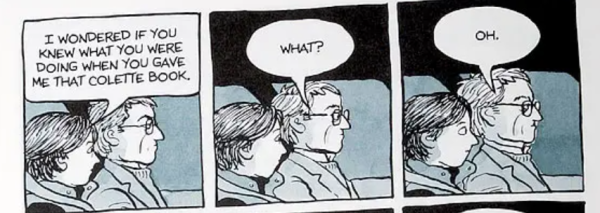
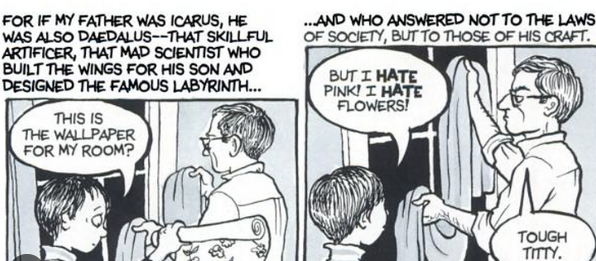 Much of Alison’s examination of her father is tied into her own introspective pursuits; she is trying to find out why she is who she is, why she acts the way she does, and who she will become in the future. While this does at times limit the reader’s view of Bruce, it also draws a connection between identity and family ties. Are we not funhouse mirror images of those who raise us? Do we not interpret the lives of others through the context of our own?
Much of Alison’s examination of her father is tied into her own introspective pursuits; she is trying to find out why she is who she is, why she acts the way she does, and who she will become in the future. While this does at times limit the reader’s view of Bruce, it also draws a connection between identity and family ties. Are we not funhouse mirror images of those who raise us? Do we not interpret the lives of others through the context of our own?
In the fashion of a true literary scholar, Bechdel views her life as a series of sardonic metaphors. Things the average person would dismiss as coincidental events all take a deeper meaning to Bechdel: every paper cut slices a bleeding heart. Even if this is not an accurate means of analyzing one’s life, it does allow the reader to understand how Bechdel’s past connects to her present, and how her father’s life connects to her own.
A deeply personal story that combines motifs of family and independence, Fun Home might make you laugh or might make you cry, but is guaranteed to make you feel deeply and see the world in a new light.


